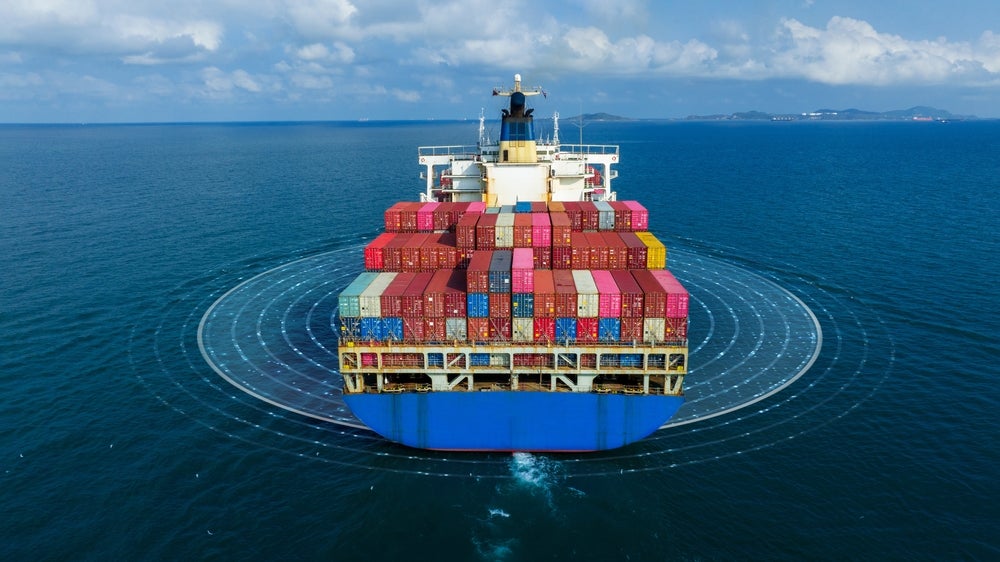There have been significant developments with respect to the regulation of autonomous vessels recently, including Remotely Operated Manned Vessels (ROUVs) and Maritime Autonomous Surface Ships (MASS), both domestically within the UK and at an international level.
Following a public consultation by the UK’s Maritime and Coastguard Agency (MCA) for a new statutory instrument, The Merchant Shipping Small Workboats and Pilot Boats Regulations 2023 and its accompanying Workboat Code Edition 3 in 2022, the MCA has released the results of this consultation and the corresponding feedback.



Separately, the IMO has published the outcomes of the April 2023 meeting of the Joint Maritime Safety Committee (MSC), Legal Committee, and Facilitation Committee Working Group on MASS (the Working Group), which recorded meaningful developments in respect of key definitions and regulatory concepts.
2023 Regulations and Code
Within the UK, the consultation on the new statutory instrument and accompanying code afforded interested parties the opportunity to provide feedback prior to its review and finalisation.
See Also:
The aim of the 2023 Regulations and Code is to provide greater clarity on the requirements that vessels, their masters and owners must meet to obtain and retain the certificates under which vessels are legally permitted to operate. For the most part, the 2023 Regulations and Code restate the existing instruments but importantly, they will introduce new requirements for ROUVs.
For autonomous vessels, the use of the term ROUV was questioned, and it was proposed by several consultees that MASS was a preferable term due to its international recognition.
How well do you really know your competitors?
Access the most comprehensive Company Profiles on the market, powered by GlobalData. Save hours of research. Gain competitive edge.

Thank you!
Your download email will arrive shortly
Not ready to buy yet? Download a free sample
We are confident about the unique quality of our Company Profiles. However, we want you to make the most beneficial decision for your business, so we offer a free sample that you can download by submitting the below form
By GlobalDataThe MCA indicated that it is prioritising a package of work to specifically address the need for proportional requirements for the smallest ROUVs.
The MCA in their feedback to the consultation noted that the term MASS was used purely for the IMO MSC’s regulatory scoping exercise and that all definitions relating to autonomy at the IMO are still under development. As a result, it concluded it would not be suitable to amend the definition where there was scope for the definition of MASS to change.
The consultation also highlighted that small ROUVs are likely to suffer the greatest impact of equipment changes required for ROUVs under the Workboat Code, with the consequence that they are forced to undertake a lengthy and expensive case-by-case approval or to flag small ROUVs outside of the UK.
In response, the MCA indicated that it is prioritising a package of work to specifically address the need for proportional requirements for the smallest ROUVs. The MCA also confirmed that a ROUV must be able to complete, to the satisfaction of its certifying authority, its entire voyage (or legs between ports) without requiring routine maintenance, thereby requiring a minimum level of autonomy.
The IMO Working Group’s conclusions
On the international stage, further headway was made by the IMO at the April 2023 meeting of the Working Group and the introduction of a MASS code.
The MASS code is a non-mandatory IMO goal-based instrument that is to be adopted in the second half of 2024 to apply to cargo ships. It is planned to become a mandatory code by 2028, with consideration being given to whether it will apply to passenger ships in the future.
Some of the key points from that meeting include addressing the role of the master, a term frequently used in existing regulations. It was concluded that there should be a human master responsible for each MASS, regardless of mode of operation or level of autonomy but that a master may not need to be physically on board – depending on the technology used and the human presence on board.
Regardless of the degree of autonomy, it was determined that the master should have the means to intervene when necessary and was accepted that a master may be responsible for multiple MASS at the same time but only under certain conditions. The Working Group will continue to consider what conditions means during its third session in September 2023.
The published outcome of the April Working Group meeting demonstrates that progress is being made to address core definitions
The meeting concluded that it was premature to discuss the role of the crew of a MASS as the role of the master, which still must be refined, may affect the roles and responsibilities of the crew. Conversely, it did conclude a Remote Operations Centre (ROC), was clearly defined as: “A location remote from the MASS that can operate some or all aspects of the functions of the MASS”.
The Working Group proposed that a single ROC must be responsible for a MASS at any one time with the possibility of one or more ROC being responsible for a MASS on a single voyage being excluded under certain conditions. The Working Group however recognised that the requirements of a ROC should be further discussed.
A remote operator was defined as: “A qualified person who is employed or engaged to operate some or all aspects of the functions of a MASS from a remote operations centre”. The requirements relating to a remote operator will be discussed further by the MSC when developing the MASS code.
While limited details have been made available, the published outcome of the April Working Group meeting demonstrates that progress is being made to address core definitions in connection with autonomous vessels, particularly in respect of the role of the master, ROCs and remote operators.
Further work is needed on the regulation of MASS by the Working Group, and the various IMO committees, but these latest developments provide encouraging signs of progress ahead of the next MSC meeting, MSC 107, in the summer of 2023.
This article was originally published in the June edition of our digital magazine, Ship Technology Global.









Related Company Profiles
MC&A, Inc.
IMO Holding GmbH
Haynes and Boone LLP
The Working Group Inc
MASS Limited